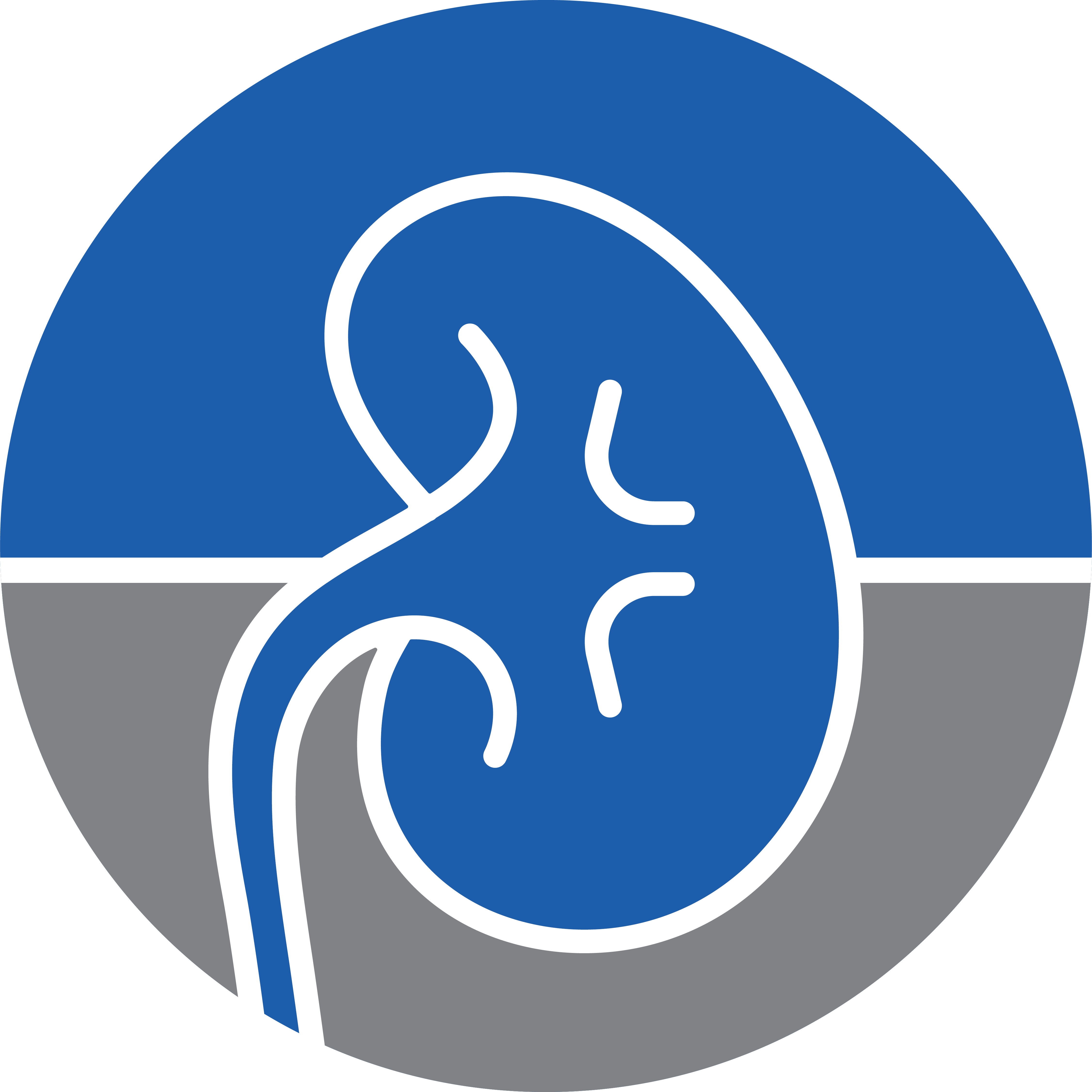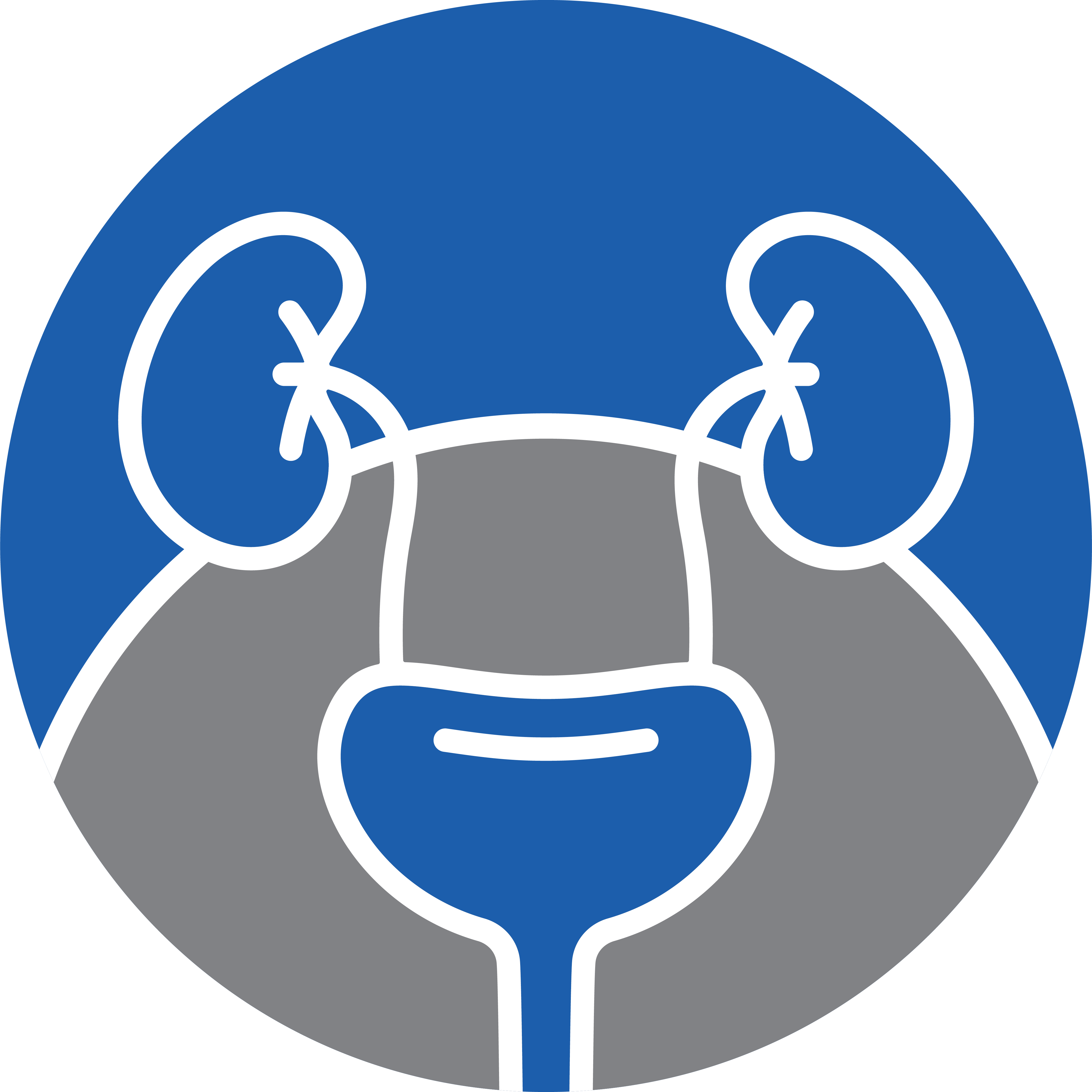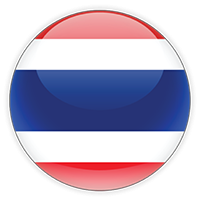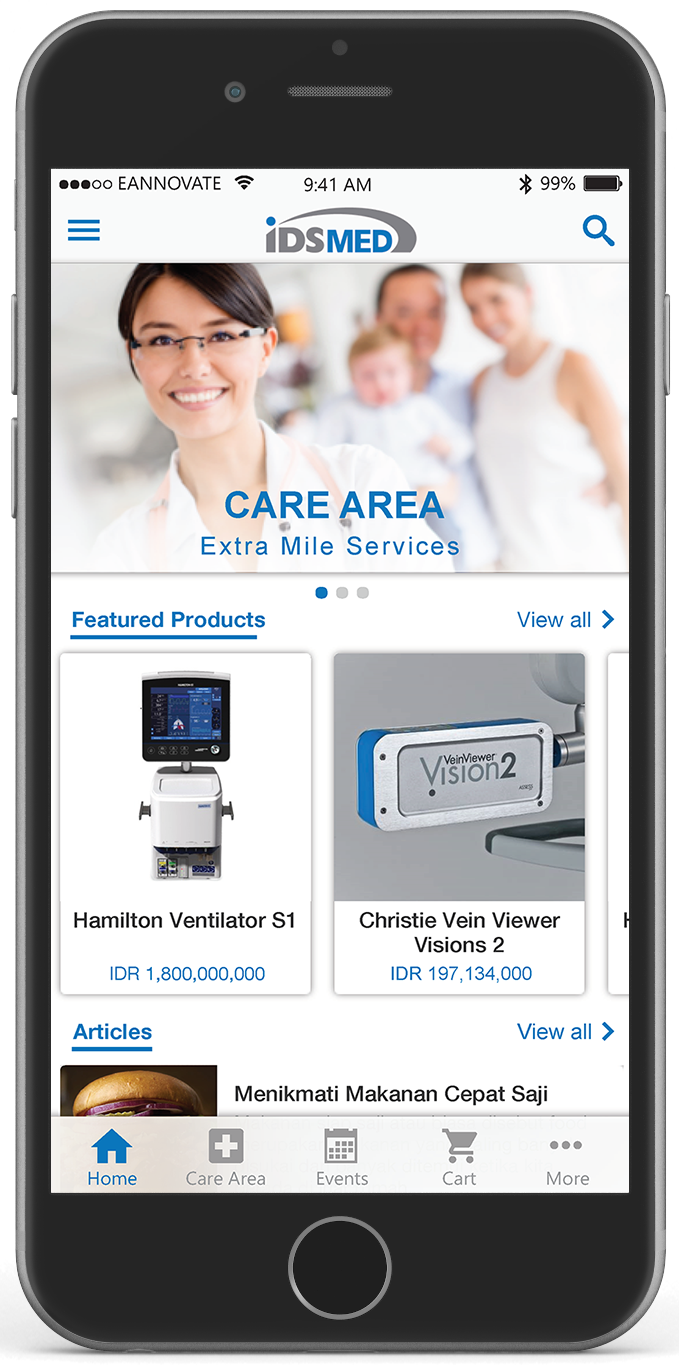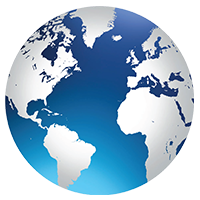Have you ever heard the phrase ‘You are what you eat’? This phrase is the notion that to be fit and healthy you need to eat good food. In a literal sense, we all can agree that it’s true that ‘you are what you eat’. Nutrients from the foods we eat provide the foundation of the structure, function, and wholeness of every little cell in our body, from the skin and hair to the muscles, bones, digestive and immune systems. We may not feel it, but we’re constantly repairing, healing and rebuilding our body.
Every cell in our body has a “shelf life” – a stomach cell lives about a day or two, a skin cell about a month, and a red blood cell about four months. So, every day, our body is busy making new cells to replace those that have “expired.” And how healthy those new cells are is directly determined by how well we’ve been eating. A diet filled with highly processed food that’s low on nutrients doesn’t give our body much to work with. But a clean, nutrient rich, whole foods eating plan can help us build cells that work better and are less susceptible to premature aging and disease.

Clean foods are minimally processed and as direct from nature as possible. They’re whole and free of additives, colorings, flavorings, sweeteners, and hormones. For examples, foods with one-word ingredients, such as spinach, blueberries, almonds, salmon, and lentils. There’s also strong evidence that, as a rule, the closer to nature you eat, the fewer calories it will take for you to feel satisfied. The reason? Processed foods often have low amounts of fiber and water:
a high ratio of calories to nutrients and
a mix of tastes from added sugar, salt, and flavoring that overly stimulates the appetite center in the hypothalamus. Clean foods are the opposite:
lots of fiber and fluid, a high ratio of nutrients to calories, and free of added flavors – all of which send signals of satisfaction to our brain before we consume too many calories. As an example, think of how many raw almonds we eat before stopping, then compare that to honey roasted almonds – that sugary coating spurs we like to eat more. By eating clean, we can control our weight permanently without feeling deprived or hungry or having constant cravings.
Here are the foods you should be eating more of:
- Vegetables
- Fruits
- Nuts and seeds
- Whole grains
And if you’re a carnivore, eat lean sources of protein like fish, chicken, and turkey.
The key is to start small: try eating one or two more servings of vegetables than you normally do this week. Eat a handful of nuts as a snack instead of potato chips. Cook yourself a healthy breakfast, lunch, or dinner instead of going out to eat. Remember, you are what you eat. So, fuel your body with the right foods, and it will reward you for making healthy choices. Healthy food leads to a healthy body, which, in turn, increases your odds of a longer, happier life.
References:

